Publications
Articles, publications, books, tools and multimedia features from the U.S. Institute of Peace provide the latest news, analysis, research findings, practitioner guides and reports, all related to the conflict zones and issues that are at the center of the Institute’s work to prevent and reduce violent conflict.
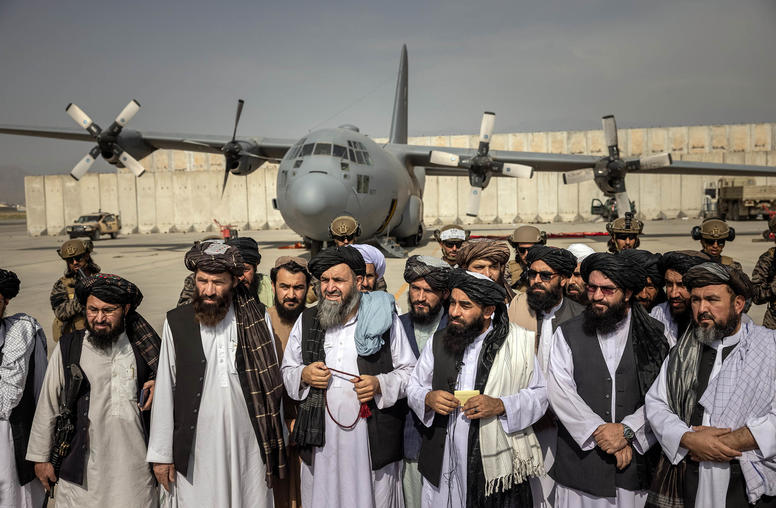
A Year After the Taliban Takeover: What’s Next for the U.S. in Afghanistan?
A year ago this month, the United States’ longest war ended, punctuated by the Taliban’s rapid takeover of Kabul. In the year since, U.S. policy on Afghanistan has focused on evacuating remaining U.S. citizens and partners in the country and addressing the country’s deteriorating humanitarian and economic crises. U.S. engagement with the Taliban has been limited and Washington has premised normalizing relations on the Taliban upholding counterterrorism commitments, respecting human rights and establishing an inclusive political system. There has been little indication that the Taliban are interested in following through on the latter two issues and the recent killing of al-Qaida leader Ayman al-Zawahiri in Kabul demonstrates that the regime has not met its pledge to cut ties with transnational terrorist groups.
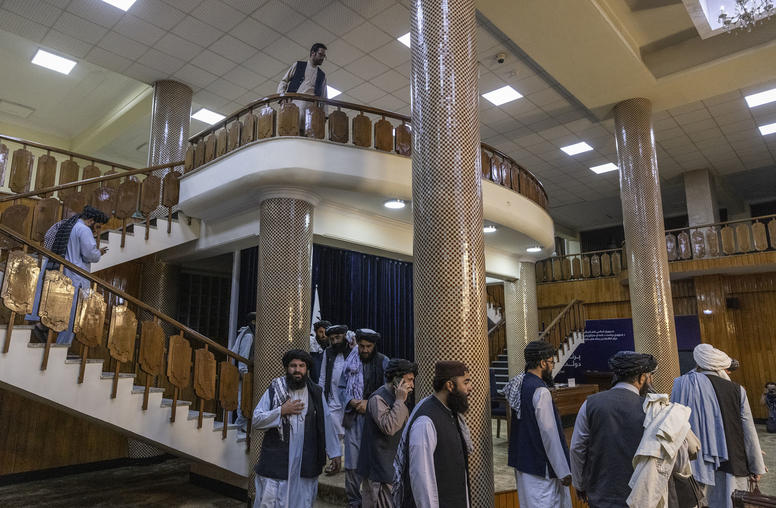
Taliban Seek Recognition, But Offer Few Concessions to International Concerns
Since taking power in August, the Taliban have repeatedly expressed the expectation that the international community will recognize their authority as the new government of Afghanistan and have taken several procedural steps to pursue recognition. But the group has done very little to demonstrate a willingness to meet the conditions put forward by Western powers and some regional states. USIP’s Andrew Watkins, Richard Olson, Asfandyar Mir and Kate Bateman assess the latest Taliban efforts to win international recognition, the position of Pakistan and other key regional players and options for U.S. policy to shape Taliban behavior and the engagement decisions of other international partners.
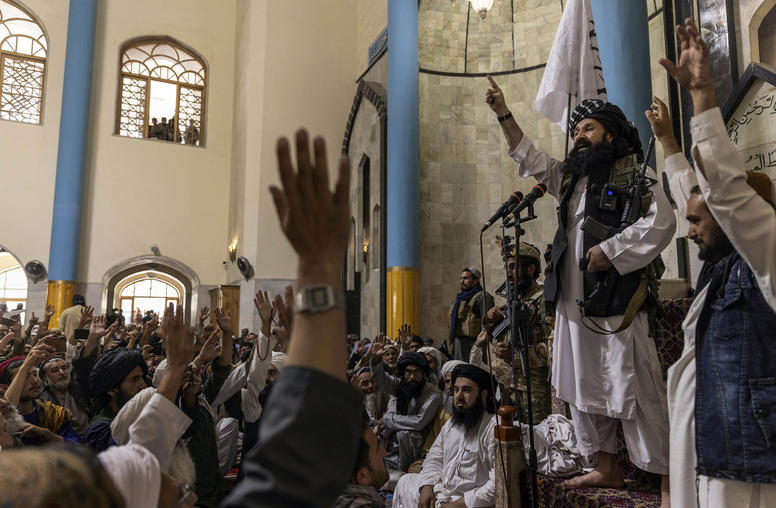
A Shift Toward More Engagement with the Taliban?
Since the Taliban retook power in Afghanistan in August 2021, the United States has found itself in a vexing dilemma — wanting to condemn and hold accountable the Taliban regime for persecuting women and girls, harboring terrorists and failing to govern inclusively, but also wanting Afghanistan to avoid famine and civil war, and achieve some economic and political stability. U.S. policymakers have thus tried to balance principle and pragmatism. To exert pressure on the Taliban, the United States has withheld diplomatic recognition and traditional development aid, frozen Afghan Central Bank assets and maintained sanctions on Taliban leaders.
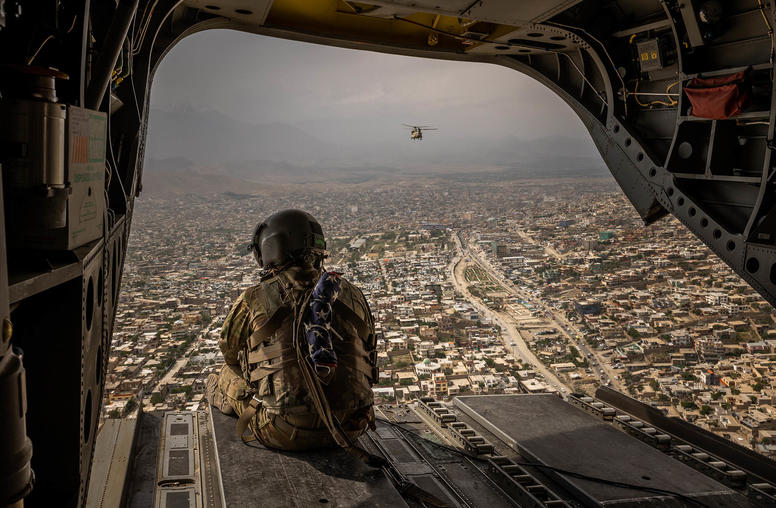
Learning from Failed Peace Efforts in Afghanistan
Over the course of 20 years, the United States made strategic mistakes in its war with the Taliban that helped fuel the insurgency and likely precluded an earlier end to the war. The U.S. government became fixated on a purely military solution, to the neglect of a political solution. This overwhelming focus on dealing the Taliban a decisive defeat was reinforced by the perceived political risks of negotiating a peace agreement with an organization that was seen solely through the lens of the war on terror. The United States should learn from its experience in Afghanistan and the opportunities it missed to reach a better and faster outcome to the war.
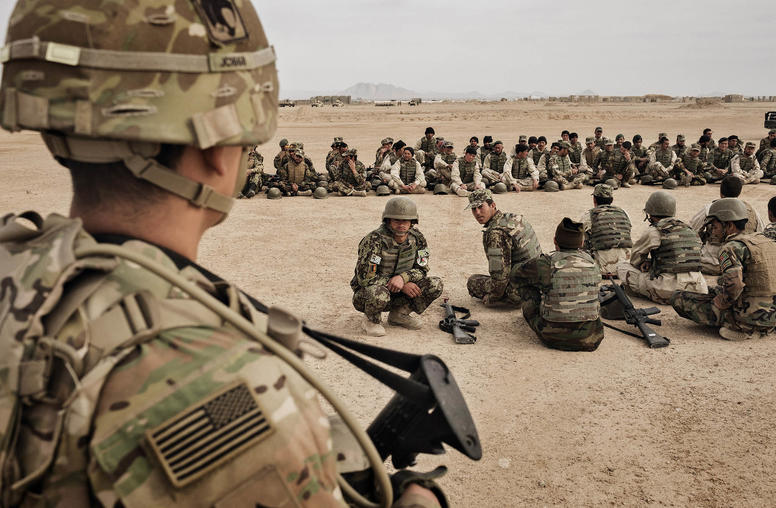
In Afghanistan, Was a Loss Better than Peace?
The American war in Afghanistan incurred staggering costs — for the United States, Afghans and others — over two decades. The U.S. government spent $2.3 trillion, and the war led to the deaths of 2,324 U.S. military personnel, 3,917 U.S. contractors and 1,144 allied troops. For Afghans, the statistics are nearly unimaginable: 70,000 Afghan military and police deaths, 46,319 Afghan civilians (although that is likely a significant underestimation) and some 53,000 opposition fighters killed. Almost 67,000 other people were killed in Pakistan in relation to the Afghan war.
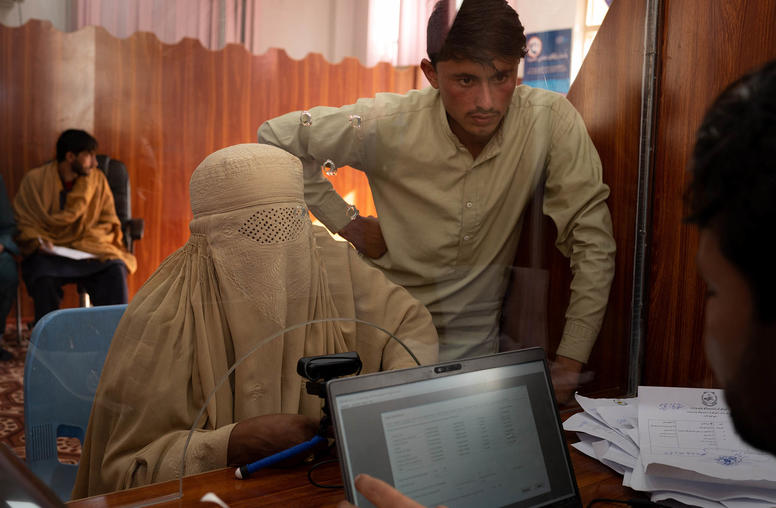
What to Expect from the Doha Conference on Afghanistan
On February 18-19, United Nations Secretary-General Antonio Guterres will convene a meeting on Afghanistan in Doha to discuss the ongoing humanitarian and human rights crises and the recent report on a way forward by U.N. Special Coordinator for Afghanistan Feridun Sinirlioğlu. Special envoys from U.N. member states and international organizations will attend; representatives from Afghan civil society, women’s groups and Taliban officials have also been invited. The conference is a critical, high-level opportunity for donors and the region to chart next steps on how to improve the situation in Afghanistan and engage with the Taliban regime.
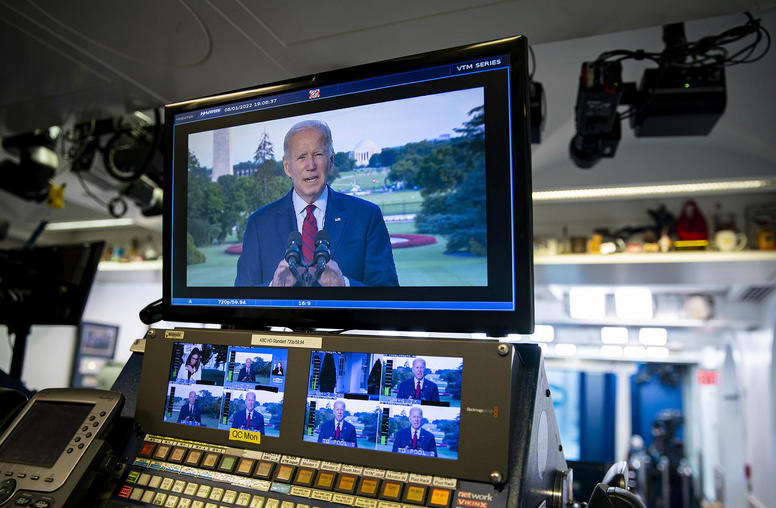
After al-Zawahiri’s Killing, What’s Next for the U.S. in Afghanistan?
On Monday, President Biden revealed that a U.S. drone strike killed al-Qaida leader, and mastermind of the 9/11 attacks, Ayman al-Zawahiri over the weekend. Al-Zawahiri was reportedly on the balcony of a safe house in Kabul, Afghanistan. Last week, the United States participated in a regional conference in Tashkent, Uzbekistan focused on counterterrorism, where Taliban Foreign Minister Amir Khan Muttaqi said his regime had followed through on commitments to not allow Afghanistan to be used as a base for transnational terrorism.
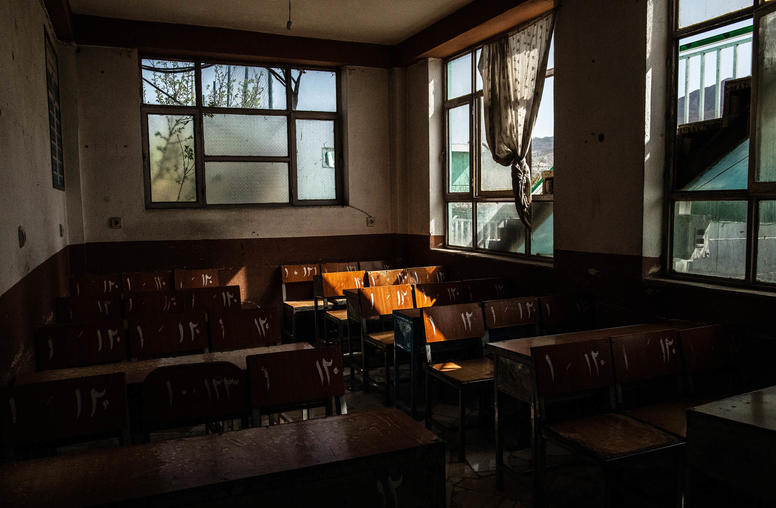
Can the Taliban’s Brazen Assault on Afghan Women Be Stopped?
The Taliban marked the New Year by doubling down on their severe, ever-growing restrictions on women’s rights. On December 20, they banned women from all universities — adding to their prior ban on girls attending middle and high school. Then the Taliban announced on December 24 that women cannot work for NGOs, including humanitarian organizations that are providing vital food and basic health services to the population that is now projected at 90 percent below the poverty rate. Western and regional governments have responded with uncommonly unified outrage and many humanitarian organizations have suspended their operations until women are allowed to return to their jobs.
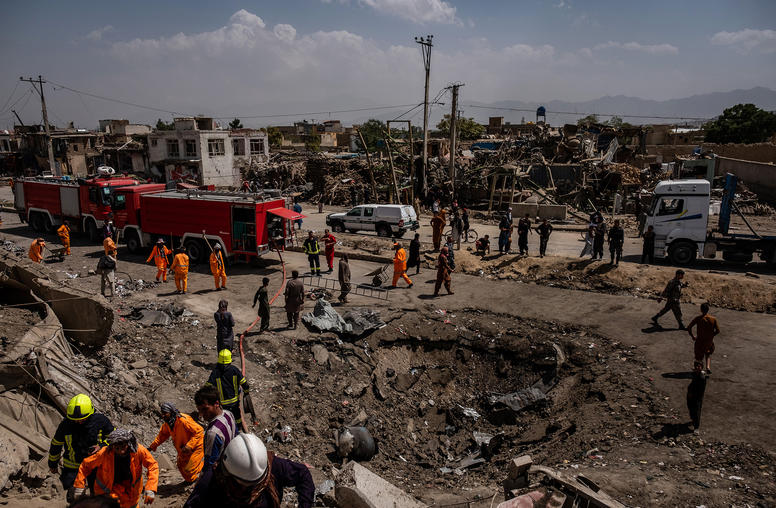
Intolerance of Atrocity Crimes in Ukraine Should Apply to Afghanistan
Russia’s war of aggression against Ukraine has caused massive loss of life and destruction of property, forcing millions to seek refuge in neighboring countries. There is mounting evidence that the Russian military has committed war crimes and crimes against humanity, intentionally attacking Ukrainian civilians. The urgent attention that Western countries have given to Russian war crimes and other atrocities in Ukraine has the potential to provide some accountability for gross violations of human rights as well as to shore up a faltering framework of international human rights law.
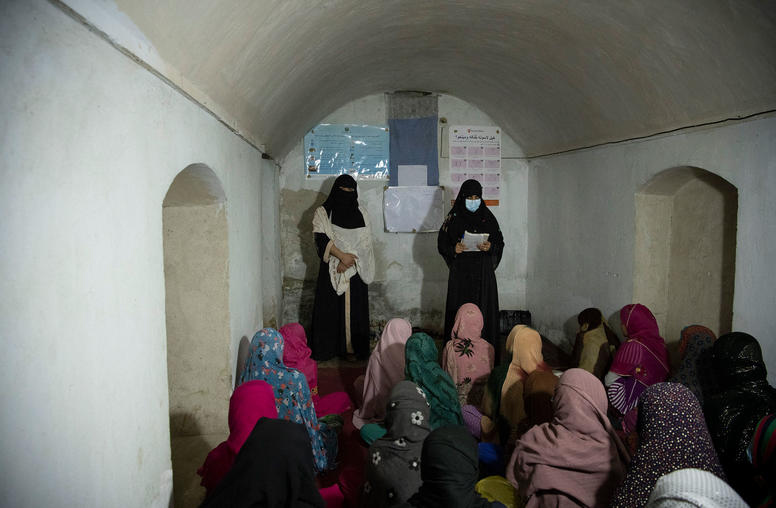
U.N. Conference Highlights Global Unity but Limited Leverage Over the Taliban
Over a year and a half since the Taliban’s takeover of Afghanistan, not a single country has recognized its government. Yet, it has resulted in no change in Taliban behavior. The worst predictions of what Taliban rule could be like have come true, as the regime has implemented unprecedented restrictions on women amid a brutal humanitarian crisis. The situation is so bad that U.N. Secretary-General António Guterres convened a special conference in Doha, Qatar this week — with no Taliban representation — to discuss Afghanistan’s international isolation. While there were no tangible outcomes — evidence of how limited the international community’s leverage really is — it did demonstrate remarkable consensus on the imperative to help the Afghan people.